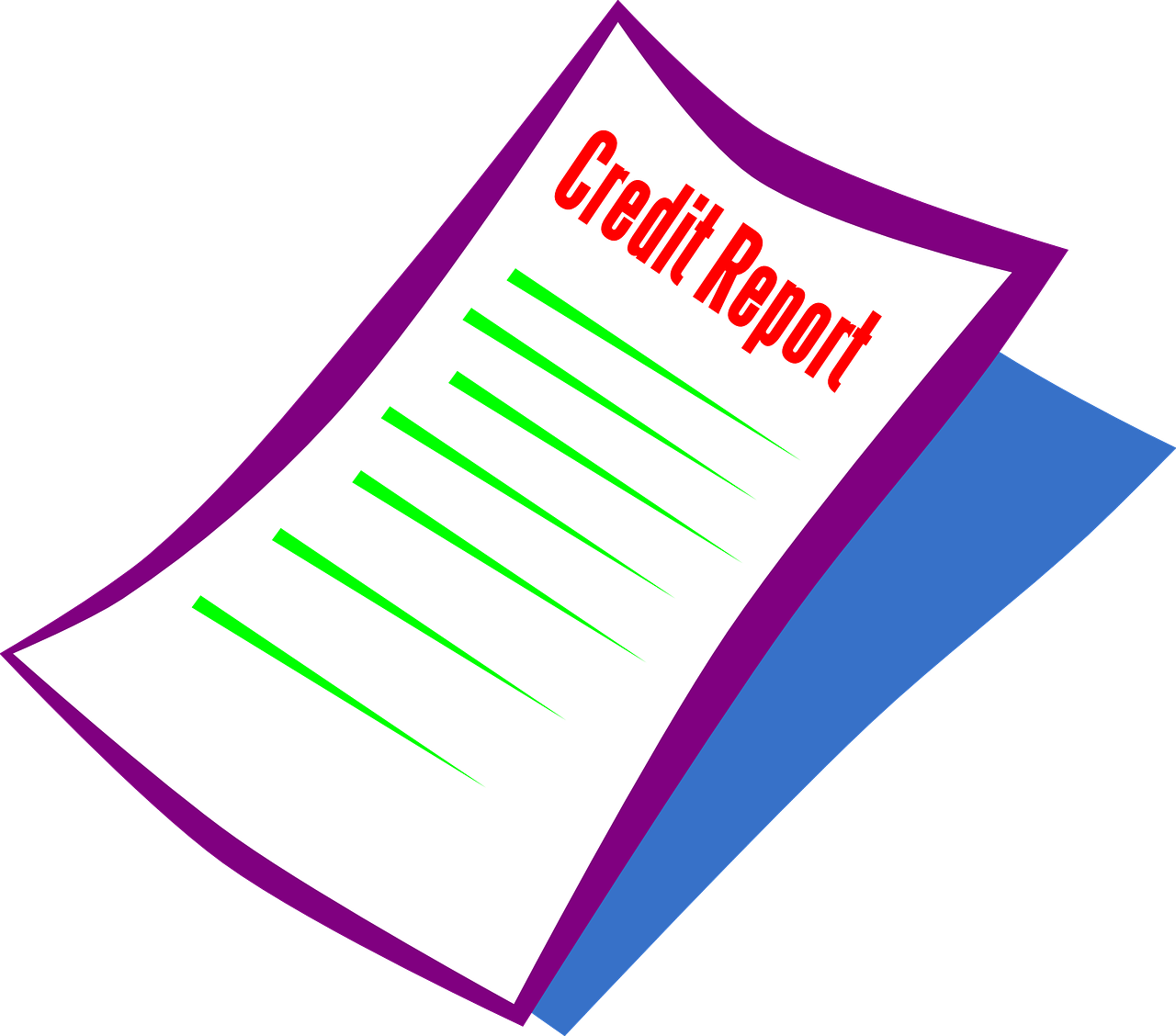The credit score plays a very integral role in your entire financial life. Whether you wish to take a home loan or car loan or any loan, the credit score has to be on the check. Also, in some cases, the simplest of tasks like getting a new credit card or opening a new bank account would require your credit score.
A credit score is a three-digit figure, and it ranges between 300-900 in the case of CIBIL.
A credit score of 700 and above is considered to be favorable for a lender to give you a loan, whereas a credit score between 650 to 700 is deemed to be good. But anything which is less than 650 is considered to be a poor credit score and might see you face rejection when you apply for a loan.
So what might be the reasons for such a low credit score?
Here is a comprehensive list of reasons for which your credit score is stagnant and not improving:
Table of Contents
Using too much Credit
One of the prime reasons is the usage of too much credit. Suppose you have a credit card whose upper limit is Rs. 30,000. Ideally, you should use less than 30% of the total credit to have a good credit score.
So, for a person with a credit card with an upper limit of Rs. Thirty thousand should use less than Rs. Nine thousand credits to have a good credit score. Anything more than that would make you unreliable from the lender’s side and can hamper your credit score because almost 30% of your credit score depends on credit utilization.
Credit Report including a negative item
If your credit score includes a negative element, then your credit score can be hampered. Any negative things, such as not paying your bill on time, being a defaulter, or going for bankruptcy would hamper your credit score big time because it also carries an integral percentage of the credit score.
The only good thing about a negative item in your credit score is that it will not be able to hurt you after a specific time. Till then, pay your bills on time, don’t apply for more credit, and you will have a good result on your credit score.
Create the right Credit Mix
When you make your credit mix, make sure that it is diverse. Several different types of credit, such as a long-term loan (Home Loan, Car Loan, or Student Loan) along with a credit card and various revolving credits, will improve your credit mix. Credit cards are another form of credit that can harm your credit score. Therefore, consider refinancing or consolidating your loans; one of the benefits of paying off your student debt sooner is that your credit will improve.
Too many queries
If you apply for too many credits in a short span fo time, then it is bound to affect your credit score. For example, if you use for six credits in three months, then too many queries are bound to happen.
It will harm your credit history. So, it is better to spread your applications. A gap of a minimum of six months is considered to be ideal for a good credit score.
The recent closure of the account
If you have recently pre-closed an account, it will hurt your credit score for sure. So it is essential to close an account with excellent handling.
Errors in Credit History
In many cases, if your lender has issued a credit history that has several faults, then you are bound to lag in your credit score. The best way to solve this problem is by calling the assistant of bank and sorting out all the faults in your credit history.
Identity theft
If you have been a victim of recent identity theft, then it will have a significant effect on your credit score, and you might see a stagnation in your credit score.
Chart and Rating of some of the credit scores for a better understanding :
The ratings have been given as per the FICO Guidelines.
It is as follows :
- 300-579: Very poor
- 580-669: Fair
- 670-739: Good
- 740-799: Very good
- 800-850: Exceptional
The figures which have been given can vary, and it also depends on the lender.
Does your credit score remain stagnant or is it dropping?
There could be some signs which can lead to creating a negative impact on your credit score. A credit score is rated based on various factors, which include the age of your accounts, credit utilization ratio, payment history, and encountering errors in the report if any.
The next big step will be to get a full report. Having real papers on the table can make things simpler. We can see where we are lying and then prepare an action plan to achieve the desired credit score.
The two main vital things to follow will be timely payment and your dues on time.
Follow the instruction given above explicitly, and you can also improve your credit score, which, in turn, will help you in securing a loan in the future.

Alex is fascinated with “understanding” people. It’s actually what drives everything he does. He believes in a thoughtful exploration of how you shape your thoughts, experience of the world.



